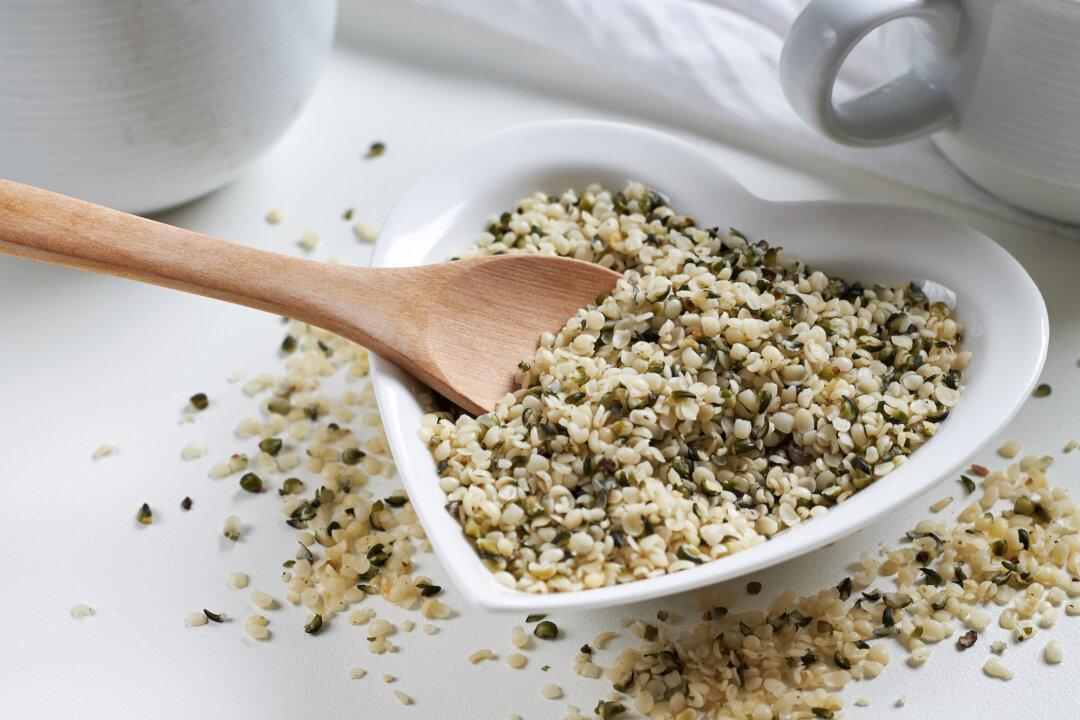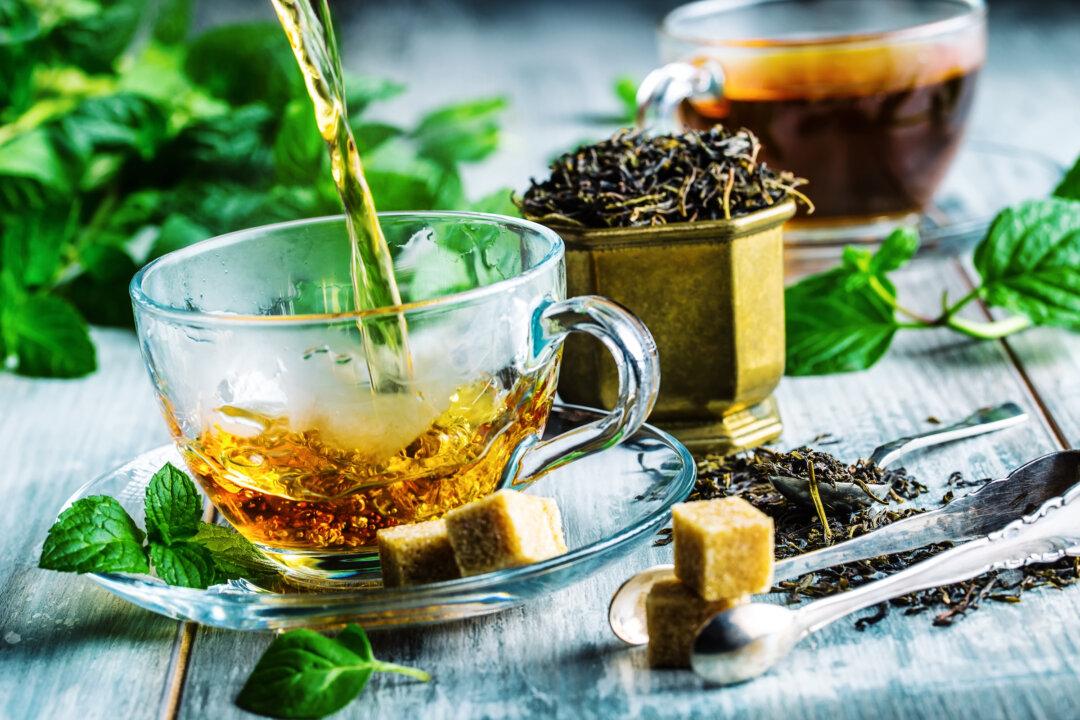Over the past few decades, resveratrol, a polyphenol found in grapes and berries, has generated a lot of “buzz,” with numerous – and well-publicized – studies attesting to the cardiovascular benefits of resveratrol-rich diet.
But what else can this natural plant compound do? Claims for the health-promoting benefits of resveratrol have been coming thick and fast, with researchers crediting it with antioxidant, anti-inflammatory, anti-aging, and anticancer effects. In fact, in a study published in the Journal of Neuroinflammation, scientists noted that resveratrol could protect brain cells in an unexpected way – by stimulating the destruction of specific proteins.





